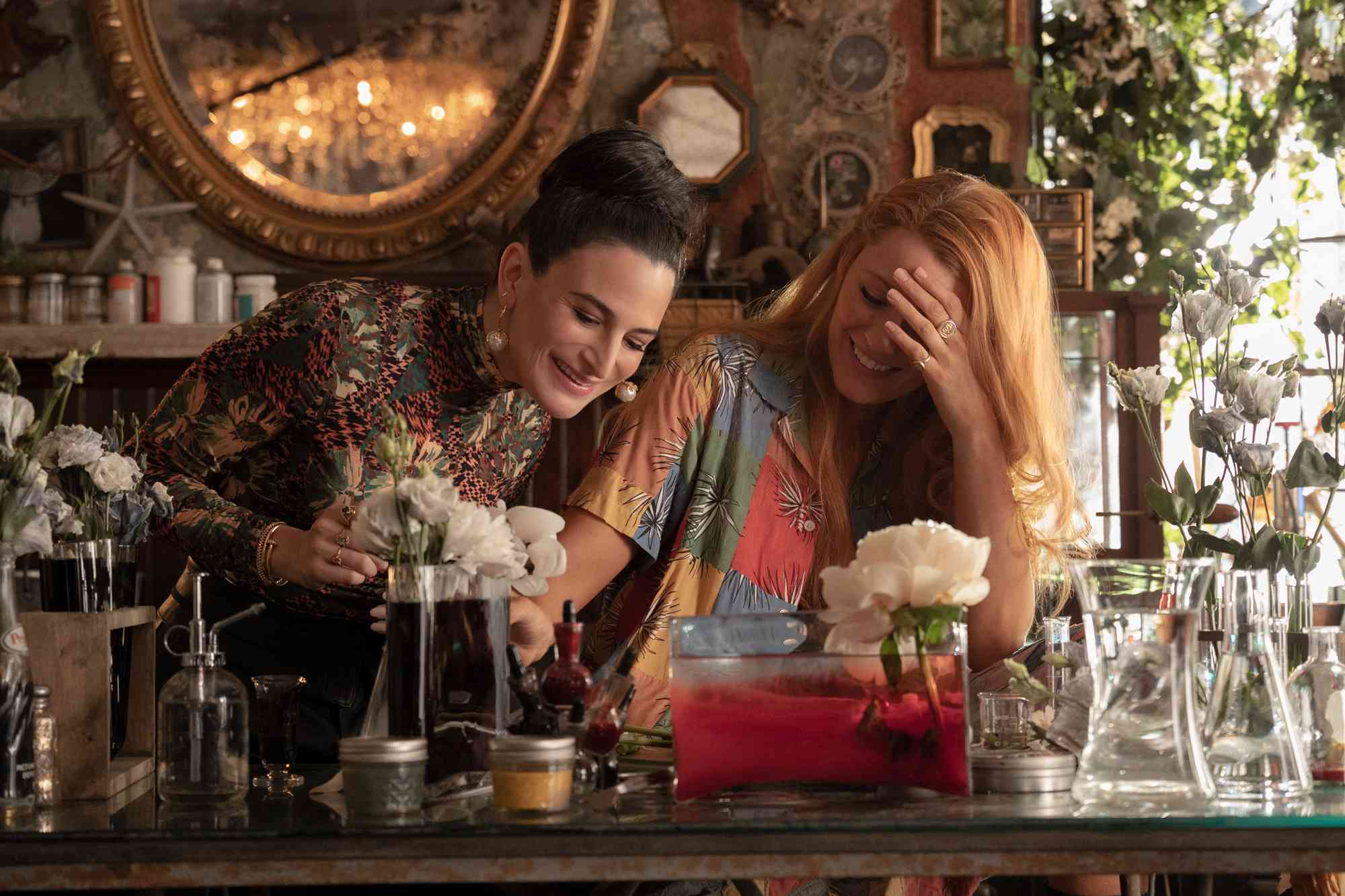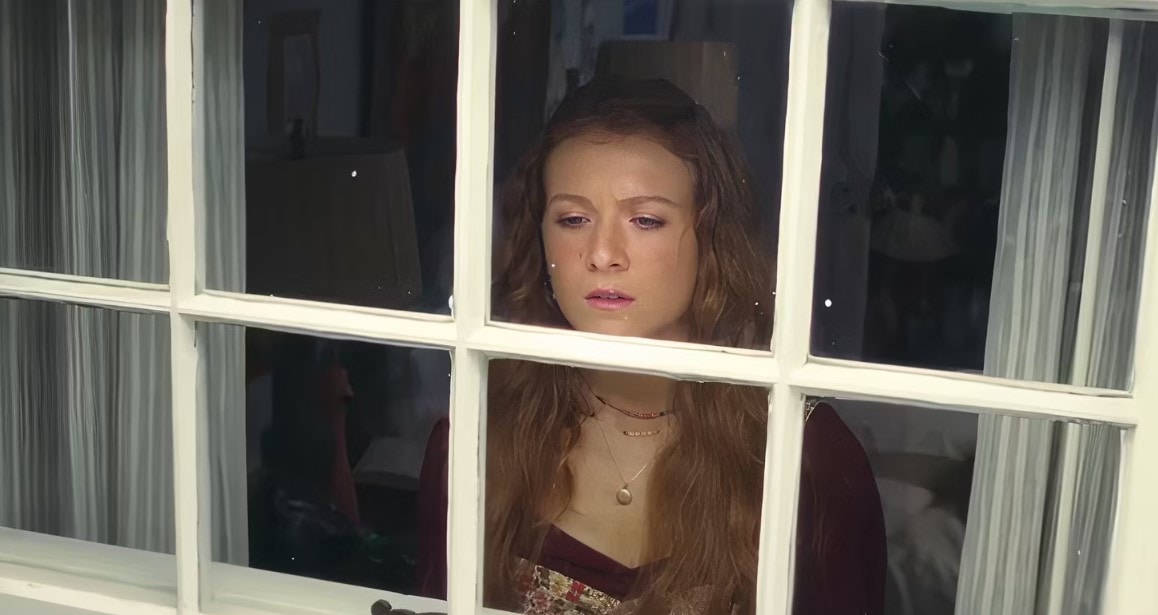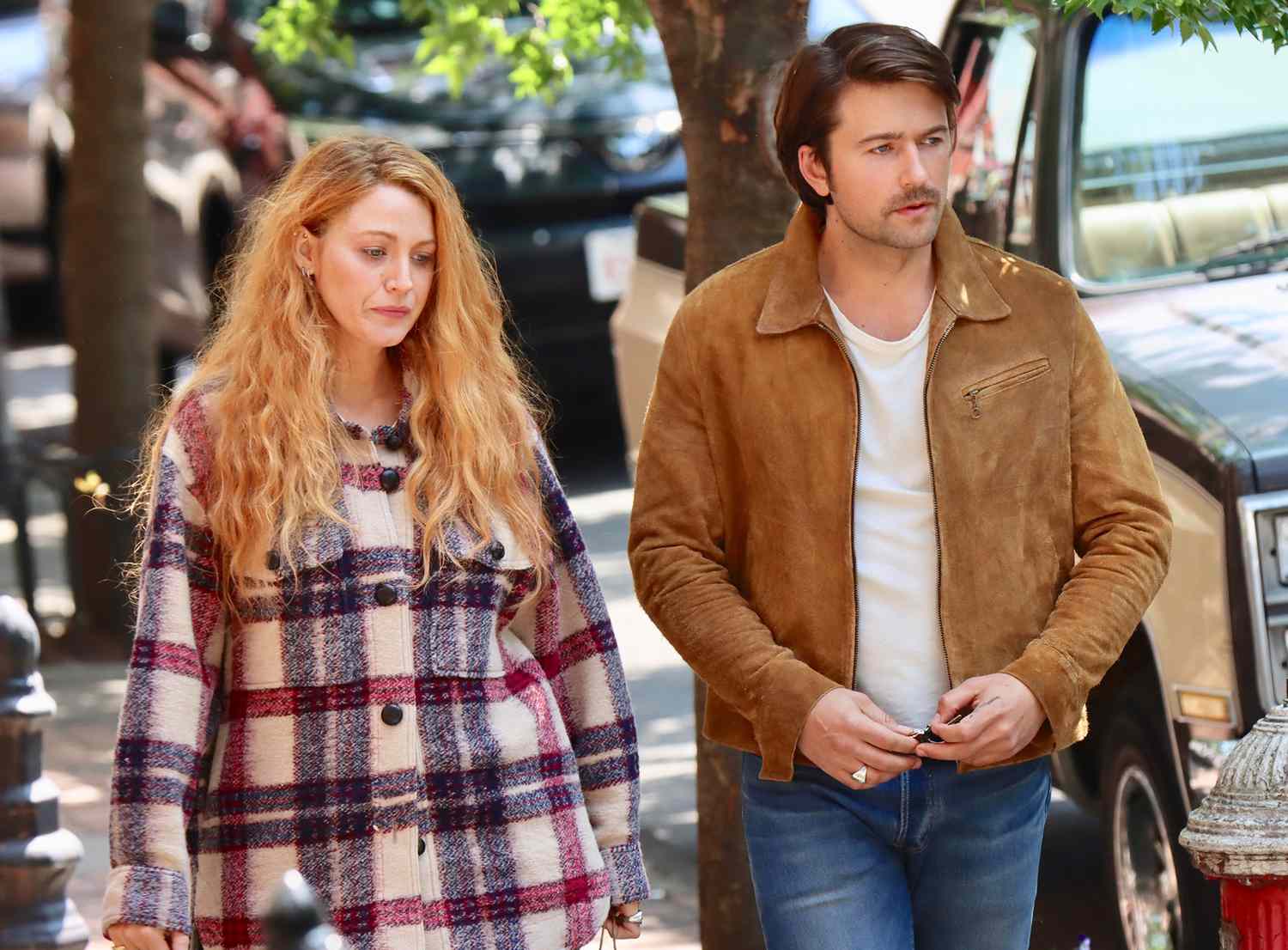No wonder Blake Lively has adorned her outfit entirely with flowers for the promotion of her new film It Ends With Us. The film, directed by Justin Baldoni, makes judicious use of flowers as a symbol of life and care. As Lily Bloom, a florist, Blake’s character is synonymous with flowers and is surrounded by them, yet it takes her a while to understand and apply what they have been trying to whisper to her for years. Blinded by her foundations, she fails to realize for a long time that the solution to her problem was right there with her all along.
(Also Read: Blake Lively’s Source Blames ‘Rude Statements’ for ‘Nightmare’ 2016 Interview Amid ‘It Ends With Us’ Drama)
prone to decay
At the beginning of the film, when Lily is converting her newly purchased dilapidated shop into a flower shop, she is greeted by her soon-to-be best friend Elisa, who claims she hates flowers (we later learn that this is because her childhood association with flowers is from her younger brother’s funeral). However, Lily argues that she loves the meaning of flowers – short shelf life but great story. This shows how subconsciously she is obsessed with the idea of beauty in decay.

Plants vs Trees
In a flashback sequence, Lily is seen growing her vegetables and other plants in her backyard. It seems to be a way to escape her family life – a refuge from parenting – given that her father commits domestic violence and her mother seems to enjoy it. Much like Nicole Kidman’s character in Big Little Lies, who longs for her husband even after his death. As her therapist says, “Some war veterans get used to the scars. They can’t stand peace.”
Lily finds an ally in her neighbor Atlas, who has gone one step further than Lily and moved out of his home because his mother keeps dating abusive men. Seeing Lily tending to the plants, Atlas remarks that humans need similar care. You reap what you sow. But Lily encourages him to stick it out for the rest of his life when she points out that some humans are like oak trees – they don’t need any external care and can grow to their optimum form on their own. Unlike other plants, oak trees have self-sustaining roots.

Returning to the roots
Lily marries Ryle (Justin Baldoni), a neurosurgeon and the brother of her best friend. She’s really happy in those years – moving to a new town, starting her own shop, making new friends, falling in love. When she goes to a restaurant called Roots – which coincidentally belongs to Atlas – she reveals that Ryle assaulted her. But Lily, submerged up to her neck in her bed of roses, clarifies that it was an accident. Earlier, we also see the ‘accident’ from Lily’s point of view – it seems like an accident because of how quickly Ryle takes care of her after the attack. “I’m not your mother,” Lily tells Atlas, but Atlas replies, “So are you becoming your mother?”
After a few similar incidents, Lily realises she is no oak tree. As much as she imagined a free life for herself, she is still caged in by her childhood and genetics. Unlike her mother, she flees her husband’s house as soon as she realises she is being gaslighted. Instead of getting to the point where she becomes immune to his abuse cycle – or worse, starts enjoying it – she runs away as fast as she can. This terrifying epiphany is similar to Nicole’s in Big Little Lies – when she pushes one of her sons away after he verbally abuses her. “No, you will not be like him (her husband),” she screams.

An oak tree for the green flag
Lily goes back to Atlas, the only refuge she knows. She realizes that she is the oak tree she was meant to be – free from the shackles of a hereditary cycle of abuse. She is not like Meryl Streep’s character in Big Little Lies, who seeks justice for her dead son only to free herself from her guilt of not raising him well. Or like Bill Murray’s character in Sofia Coppola’s On the Rocks (2020), who makes his daughter (Rashida Jones) suspect her husband of cheating so he can get along with her and make up for lost time in his own wrongdoings when she was younger.
Throughout the rest of It Ends With Us, you feel like Lily will return to Ryle because that’s the way he is made. She even decides to keep his baby from when they were together. She even welcomes him back into her life when she’s close to giving birth because her daughter needs a father. She names him after her late brother. But just moments later, she also makes it clear that he can be a part of her life as her daughter’s father, but he doesn’t need to be her husband anymore. She firmly demands a divorce and only asks if he will tell their daughter to go back to her boyfriend if he mistreats her. “It ends with us,” she tells her daughter after Ryle leaves.
